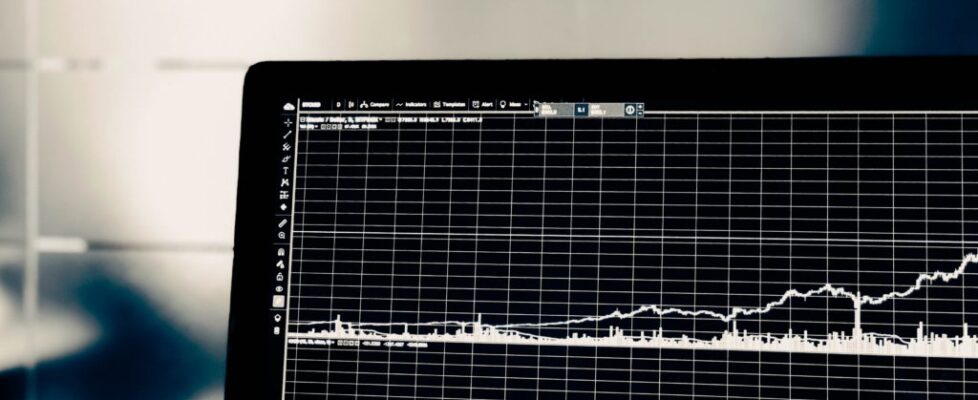Forex “Cartel” trader urges Court to stop DOJ’s shell game with evidence
Richard Usher, a Forex trader known for his participation in the “Cartel” chatroom, continues his legal battle to secure access to documents that led to his acquittal in a criminal case back in 2018.
On September 24, 2021, Usher filed a response to a motion by the Department of Justice (DOJ), which, in its turn, insists that the trader has to destroy the exculpatory evidence.
Let’s recall that, in January 2017, a grand jury indicted Usher and two other traders for their alleged roles in a conspiracy to manipulate the price of U.S. dollars and euros exchanged in the FX spot market. In connection with that criminal proceeding, Usher entered into a protective order providing that he could use documents disclosed by the government in discovery “only for the purposes of the defense of, and the pursuit of any appeals in, this criminal action.”
The protective order further provided that any documents disclosed to Plaintiff “[s]hall be returned to the Government or destroyed following the conclusion of this case . . . , together with any and all copies thereof.”
In October 2018, a jury acquitted Usher of the criminal charges against him. Because his criminal case had concluded, he was required to “return” or “destroy” all documents that the government had produced to him in discovery, “together with any and all copies thereof.” Instead, Usher retained the documents.
Usher needed the documents again in 2020 as the Office of the Comptroller of the Currency (OCC) renewed proceedings against him based on the same conduct that lies at the core of the criminal proceedings against him. While Usher pushed for access to these documents in the OCC proceedings, the OCC decided to drop the charges.
Now, the DOJ claims Usher’s case against it is moot because the OCC proceedings were abandoned. Usher disagrees.
According to the document filed by Usher in the Columbia District Court on September 24, 2021, his case against the DOJ is not moot.
Usher argues that he now needs that same evidence to vindicate his rights against the OCC in his action under the Federal Tort Claims Act (“FTCA”).
He notes that the dispute is very much alive, and this is not a “no harm no foul” situation. This Court should not reward DOJ’s obstruction, Usher says. According to him, the case is not moot while relief can be granted – here, production of the long-sought exculpatory documents.
Usher explains that the DOJ is inviting that this litigation repeat itself, with nothing in place to deter DOJ from ignoring Mr. Usher’s continued requests.
Usher states:
“The ping ponging and shell game of exculpatory documents should stop here. This Court should reject DOJ’s invitation to repeat this action in the future and deny DOJ’s suggestion of mootness”.
He concludes by stating that DOJ’s actions in refusing production of the same exculpatory materials that it produced to Mr Usher in the criminal case have violated his due process rights and breed disrespect for the law.




